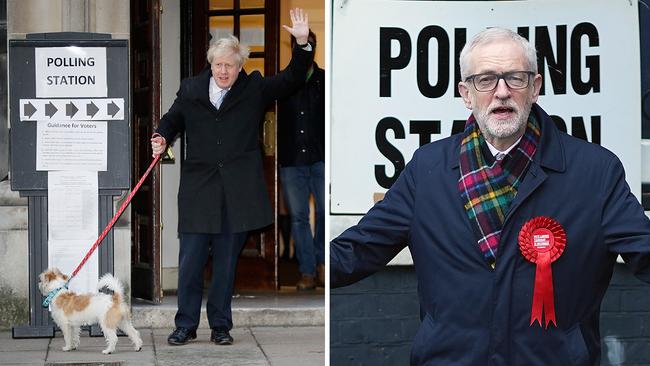
If the UK’s 46 million voters confirm Boris Johnson as Prime Minister with a parliamentary majority for the Conservative Party, Britain leaves the EU, irrevocably, by the end of January.
It will be a seismic moment in British history, a devastating blow to the EU itself and the culmination of a long, tortuous struggle in British politics.
The future will be full of uncertainty, of both promise and challenge, but the future will be born at last, replacing the grey netherworld, the indeterminate Hades, of the past three years.
If on the other hand the British voters, in their wisdom, put Jeremy Corbyn into Downing Street, the nation will embark on the most radical program of socialism, identity politics and anti-Western reorientation in security policy in its modern history.
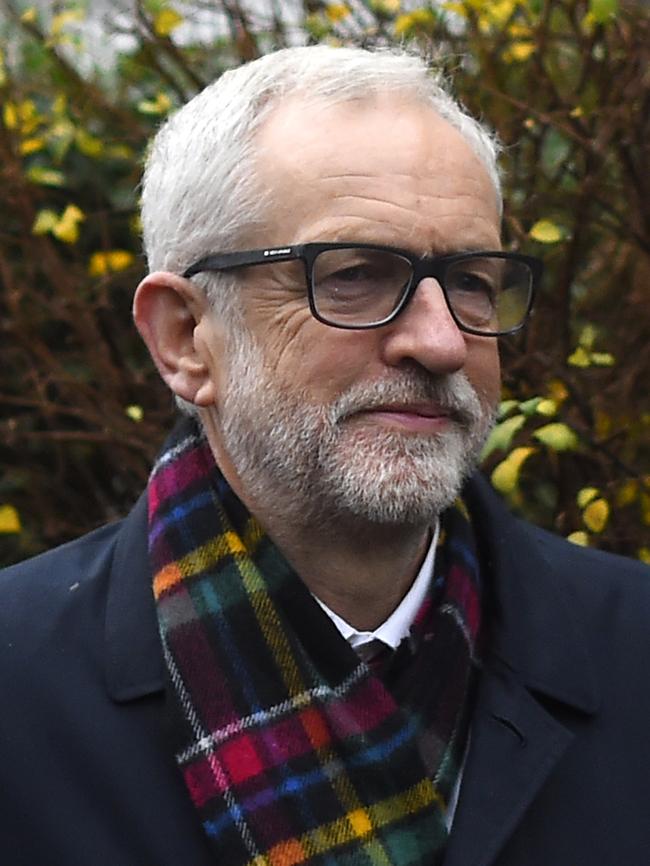
There has never been a leader like Corbyn, who offers Britain communism in a cardigan.
He would have difficulty implementing his program in full — there is not enough money in all of England, nor enough zeros in any computer, to give effect to all his spending commitments — but it would be the most radical shake-up in any advanced democracy since World War II.
Not only will all the utilities be nationalised but their efficiency will be assured in future because they will be run by people’s assemblies, the Corbyn version of the workers’ soviets of his lifelong dreams.
There will be a four-day week, paid for out of magical productivity improvements in a newly trade union-dominated economy, while punitive tax rates drive the wealthy, who are meant to pay for it all, overseas.
And nearly one in two British Jews say if Corbyn is prime minister, they will be driven by the fear caused by the institutional anti-Semitism of his Labour Party to consider emigrating.
Has the status quo, of muddle-along Britain with no dramatic change, no chance at this election?
There is a way this could just about be imagined.
If the Liberal Democrats go get a late surge in seats and Corbyn were to come in as a minority prime minister, dependent on the Lib Dems as well as the Scottish Nationalists, their price for allowing him into office would be an early second referendum to reverse the Brexit vote of 2016.
They might restrain and temper Corbyn’s wild policies, which he so meekly espouses.
Given that minority governments tend not to last too long in Britain — viz Theresa May’s woeful administration after the 2017 election — there might even be another election before too long, with Britain staying in the EU after all and Corbyn thrown out before he can wreck the British economy and society.
In truth, almost every eventuality is possible. If Johnson does get any majority at all, he gets his withdrawal agreement through and Britain leaves the EU in January.
But what happens then?
This is only the withdrawal agreement and it provides that Britain remains bound by all EU rules, and therefore cannot conclude any new trade agreement with anyone else, until the end of 2020.
Under the withdrawal agreement, Britain and the EU have to conclude their own long-term trade agreement before then.
But the EU in all its history has never done a free-trade agreement as quickly as that.
So Britain could easily be back to considering either a no-deal Brexit after all, or a further delay, before the end of next year.
Here is the most tantalising, the most exquisitely agonising, possibility of all.
Say the Conservatives fall just two or three seats short of a majority in their own right.
They and Northern Ireland’s 10-odd Democratic Unionists could block Corbyn or anyone else from becoming the prime minister.
The DUP is generally well to the right of the Conservatives and passionately hates the old pro-IRA Corbyn.
But its price for allowing Johnson to govern would be that he ditch his withdrawal agreement, because it provides for Northern Ireland, apart from the rest of the UK, staying in the EU Customs union long-term.
Johnson could never do that, could he?
But he couldn’t govern otherwise.
Ain’t politics grand.


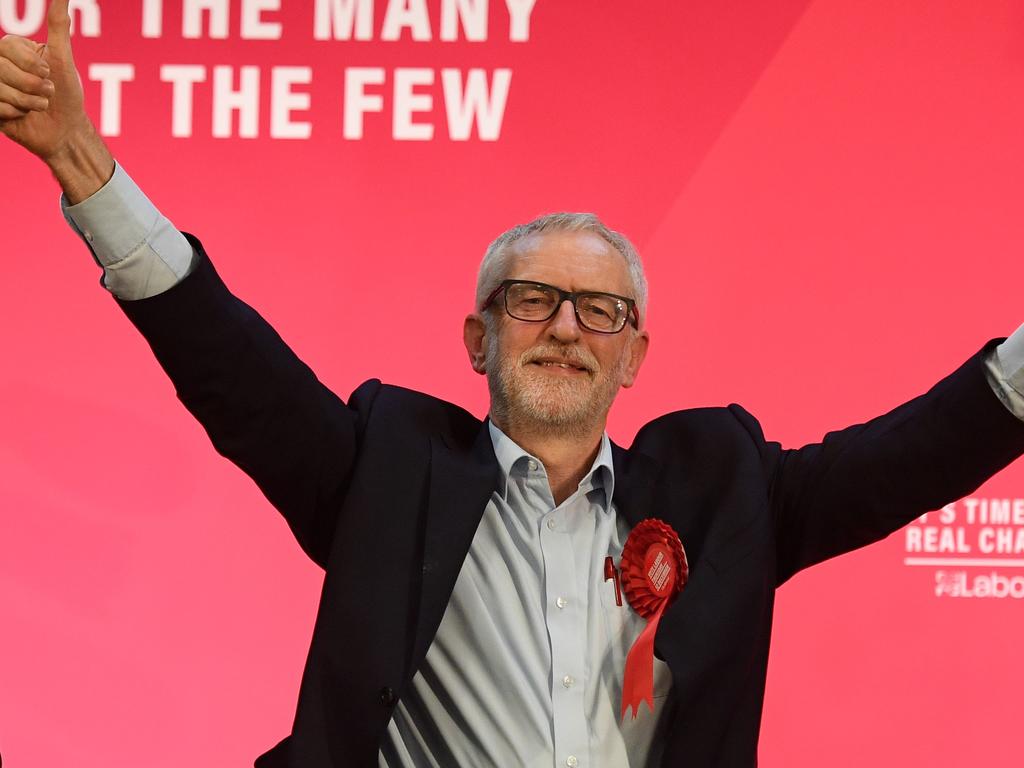
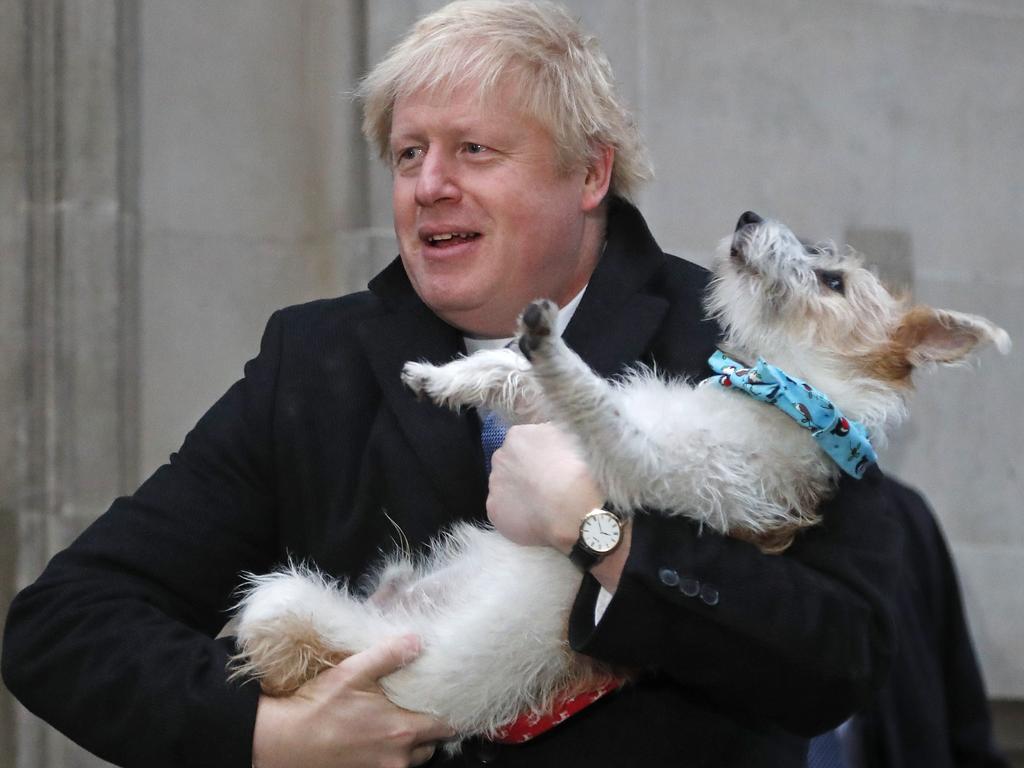

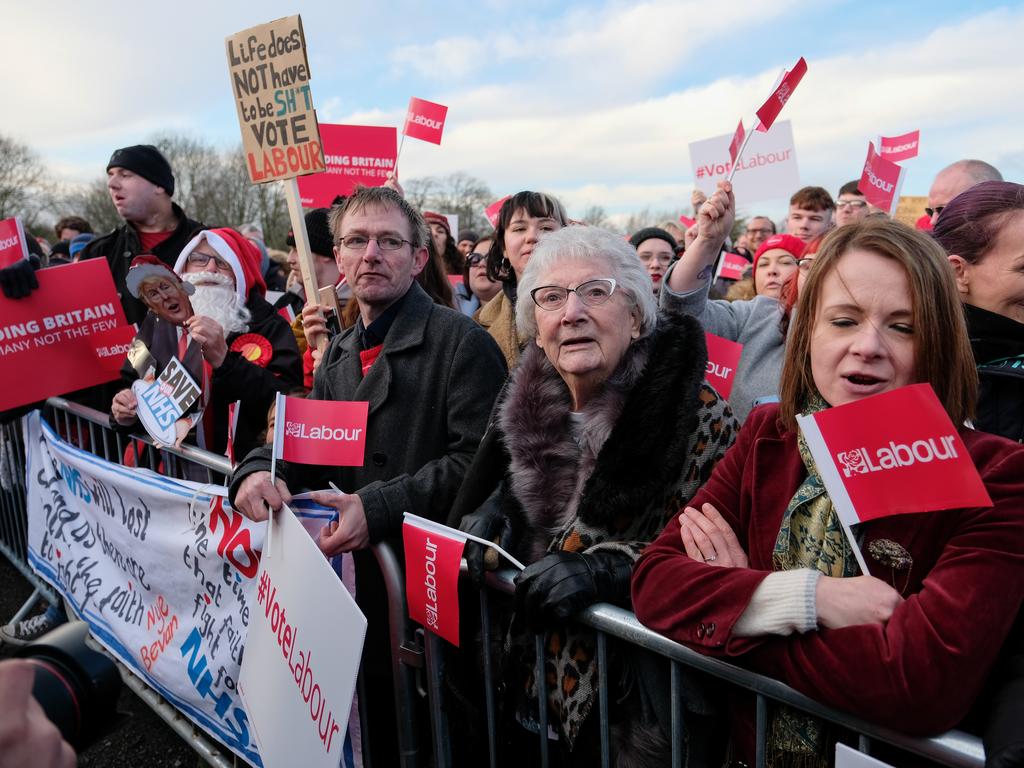


Here it is, finally; the day Britain changes forever.